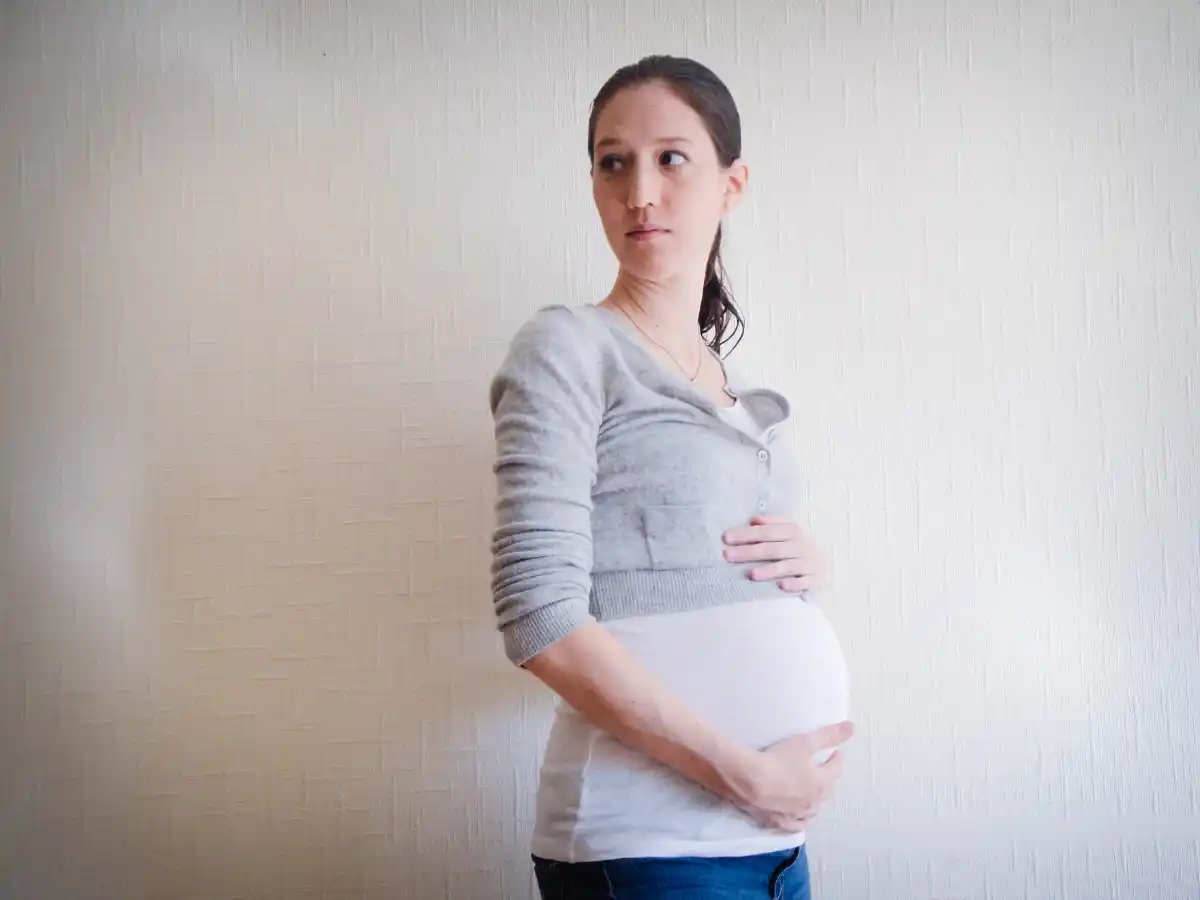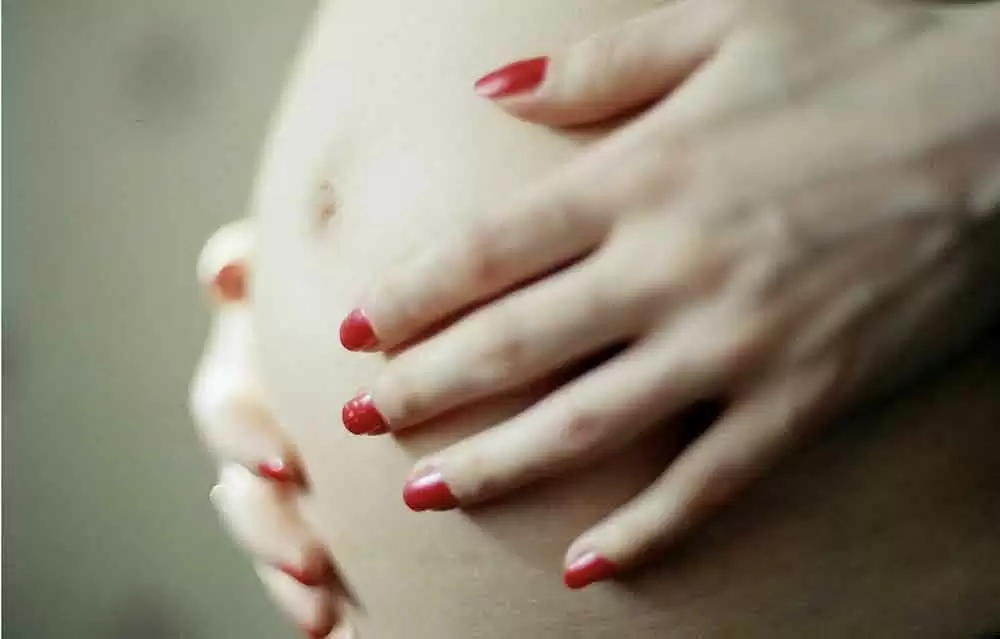
Celiac.com 06/19/2023 - A recent study conducted by Claire Jansson-Knodell, MD, from the department of gastroenterology, hepatology, and nutrition at the Cleveland Clinic, has revealed that women with celiac disease face an increased risk of complications during pregnancy and delivery.
The study aimed to examine pregnancy outcomes by analyzing a large database of maternal, obstetrical, and neonatal outcomes in mothers with celiac disease. Here are some highlights.
Study Looked at Data from Pregnant Women Who Delivered Between 2015 and 2019
Celiac.com Sponsor (A12):
The study utilized the National Inpatient Sample, which included data from pregnant women who delivered between 2015 and 2019. Out of over 12 million births, the researchers identified 10,555 cases involving women with celiac disease.
Pregnant Women with Celiac Disease at Higher Risk of Pregnancy and Delivery Complications
According to the findings presented at Digestive Disease Week, pregnant women with celiac disease exhibited a higher risk of experiencing complications related to pregnancy and delivery compared to women without celiac disease. Additionally, they had longer hospital stays, although the rate of maternal mortality did not significantly differ between the two groups.
One significant finding was that women with celiac disease had lower odds of having a full-term and uncomplicated delivery. The study also identified a heightened risk of hypertensive diseases of pregnancy, as well as placental diseases such as abruption and placenta previa, among women with celiac disease.
Furthermore, women with celiac disease more frequently required assistance during delivery, such as the use of vacuum or forceps, and were at a greater risk of third- or fourth-degree tears. However, the study did not observe higher rates of C-sections among women with celiac disease.
The study also revealed that babies born to women with celiac disease were more likely to be small for their gestational age and experience fetal distress.
Conclusions
Based on these findings, Jansson-Knodell suggests that healthcare providers should consider these risks when caring for patients with celiac disease who are pregnant or planning to become pregnant. Additional attention and care should be provided to address the potential complications associated with pregnancy and delivery in this population.
In summary, this study highlights the increased risk of pregnancy and delivery complications faced by women with celiac disease. The findings underscore the importance of comprehensive care and management for pregnant women with celiac disease to mitigate these risks and ensure optimal outcomes for both mothers and babies.
Read more at Helio.











Recommended Comments
Create an account or sign in to comment
You need to be a member in order to leave a comment
Create an account
Sign up for a new account in our community. It's easy!
Register a new accountSign in
Already have an account? Sign in here.
Sign In Now